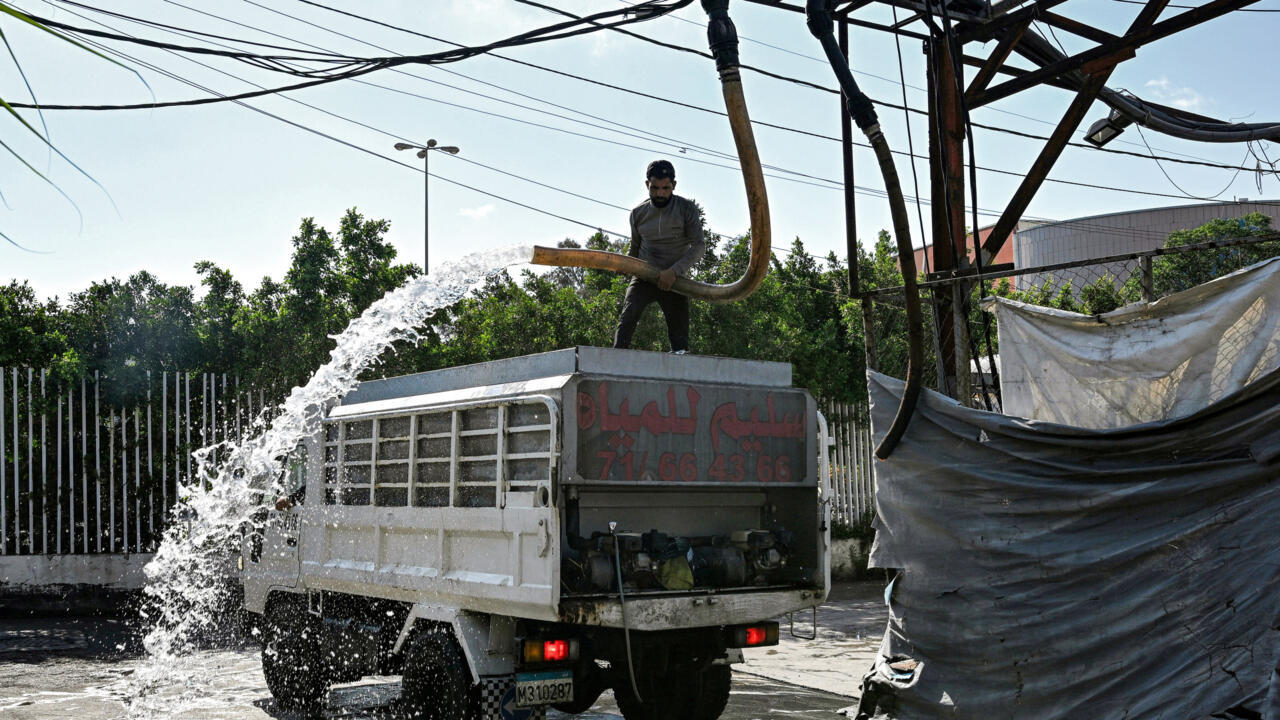Israel’s ceasefire violations deepen water crisis in Lebanon

Six months after a ceasefire between Israel and Hezbollah was supposed to end hostilities in Lebanon, violations continue and basic services remain shattered, as reported by The New Arab on August 26th.
A joint report by Action Against Hunger, Insecurity Insight, and Oxfam reveals that Israeli strikes have shattered key water systems in Lebanon. Around 150,000 people remain without water access, and over 30 villages have been rendered entirely disconnected from supply networks. The destruction of major water stations like Maisat and the Wazzani intake centre, along with at least 26 damaged pumping stations and 28 damaged pipeline networks, have left communities relying on expensive or unsafe alternatives, endangering public health and livelihoods.
Christina Wille, director of Insecurity Insight, noted that more than 82% of farmers interviewed in southern Lebanon lack sufficient water for crops or livestock, devastating local agriculture. Meanwhile, public health risks are looming: summer’s arrival, paired with critical water shortages, raises the threat of disease outbreaks. What’s more, makeshift solutions like electricity generator-powered pumps could strain community resilience.
Wille warned: “These coping strategies are not sustainable…the destruction of infrastructure demands close attention: if not effectively mitigated, cascading consequences are inevitable.”
This water crisis unfolds amid a broader struggle over state authority in Lebanon, as Lebanese officials are under intense pressure to disarm Hezbollah, with the cabinet formally discussing disarmament and state monopoly on arms. Conditions for any such agreement include Israeli withdrawal, border demarcation, and reconstruction support.
Yet, protests erupted following the government’s move, with Hezbollah supporters decrying it as a capitulation to foreign influence. This volatile political atmosphere complicates efforts to secure and rebuild critical infrastructure.
International law explicitly protects water systems as vital to civilian survival, yet the extensive and repeated strikes on Lebanon’s infrastructure suggest a troubling disregard for these obligations. Researchers behind the recent report argue that the targeting pattern points to possible violations. They urge swift action to repair damaged networks and hold those responsible to account, stressing that without reliable access to clean water Lebanon faces severe and lasting humanitarian repercussions.
The New Arab, Maghrebi.org
Want to chase the pulse of North Africa?
Subscribe to receive our FREE weekly PDF magazine











